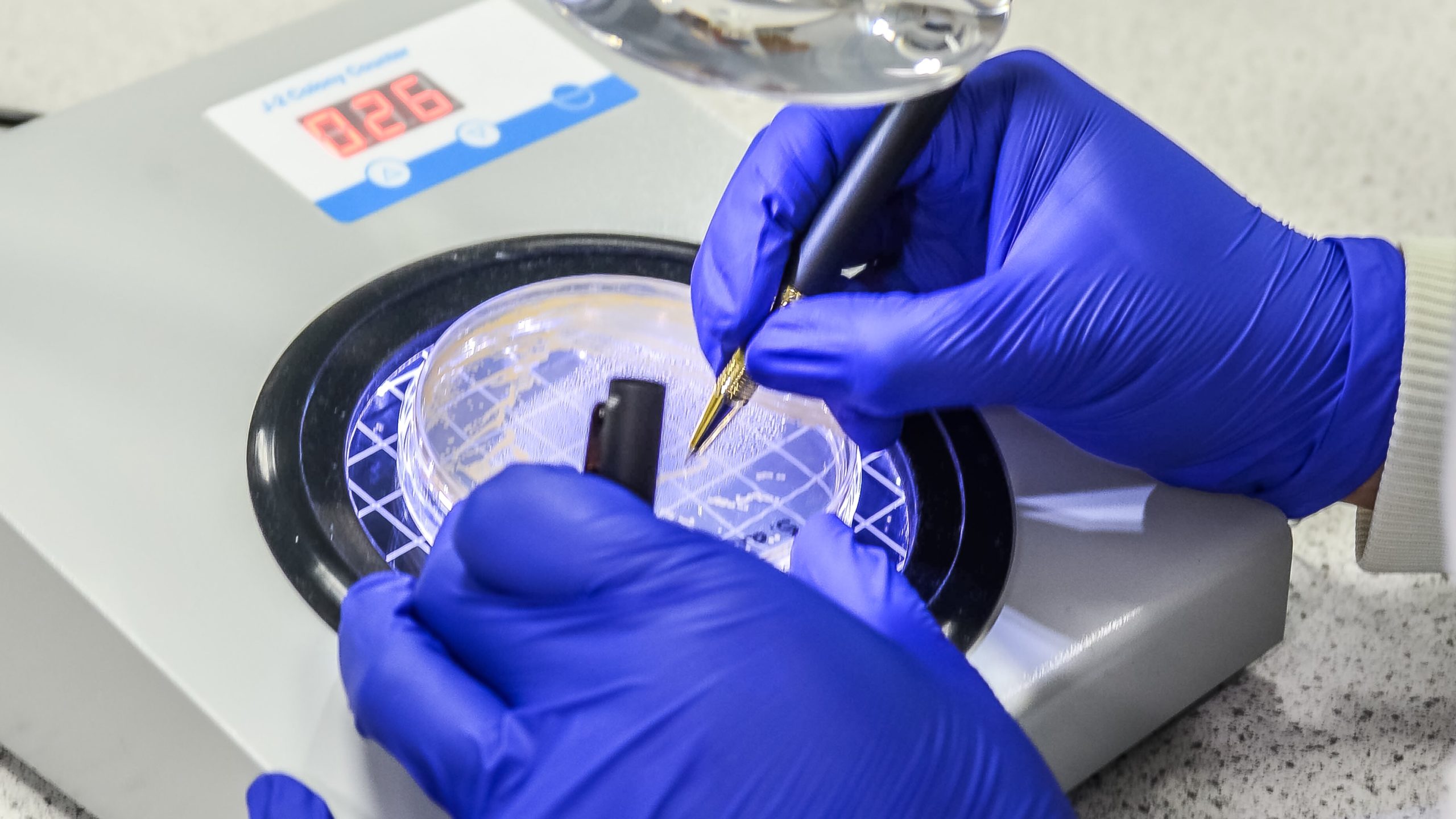A breakthrough in scientific testing for disinfectants and their protection against COVID-19 has been announced today.
The test is the first of its kind to identify whether surface disinfectants offer long-lasting protection against viruses, a move that could help businesses reopen more quickly while reducing the risk of coronavirus remaining on surfaces.
It is the strongest piece of evidence yet that some disinfectants can offer up to 24-hour protection against viruses even on frequently-touched hard surfaces such as lift-buttons, door handles, and handrails.
Whilst other products in the market have claimed long-lasting efficacy against coronavirus, testing has so far been completed without the abrasion of surfaces, which means that in real-life environments where surfaces are regularly challenged, such products would be ineffective.
Byotrol plc, which developed the new test, established a similar method six years ago with the help of independent industry experts, in order to assess the long-lasting protection disinfectant products offered against bacteria and yeasts. The test, named PAS 2424:2014, was approved by the British Standards Institute (BSI) and is the only British standard to prove the efficacy of a disinfectant product over 24 hours. The PAS 2424:2014 test is currently being reviewed by the CEN Committee for approval as a new European EN test standard.
Byotrol plans to gain approval from the BSI again, to make this new test the British standard for proving the long-lasting efficacy of disinfectants against viruses.
The test simulates ‘real-life’ conditions by creating frequent abrasions on surfaces after products have been applied, to replicate frequent touching of surfaces throughout the day. The surfaces are then tested to see whether the product is still present and killing viruses. The test is limited to 24 hours, to ensure that the result is attributed to the efficacy of the product, not the length of time the virus has been left to dry out on a surface, which could result in a false positive.
Byotrol’s own 4-in-1 Multi-Surface Cleaner Disinfectant product with the ActizoneTM polymer technology from Solvay was the first to be put through the test. The product was tested against vaccinia virus, which is the industry-standard surrogate for enveloped viruses such as flu virus and coronavirus, including SARS-CoV-2 which causes COVID-19.
The test was performed internally in Byotrol’s virology lab with the results being reviewed and validated externally by Professor James Stewart, Chair of Molecular Virology at the University of Liverpool, who was keen to comment on what the result means for the future of disinfectants: “A validation of the effectiveness of surface disinfectants against viruses using this test is an important step forward for the industry and consumers alike.”
The business says that the application of this test could help businesses to select products that are proven to be effective as lockdown restrictions are eased and more organisations prepare to open their doors to the general public.
Dr. Trevor Francis, CTO at Byotrol plc, said: “Long-term surface protection against viruses is the holy grail that businesses in the hygiene sector are chasing currently. We have responded to a clear market need for clarity on which surface disinfectants continue to deactivate viruses in real-life environments and which don’t. It’s a huge win for consumers and the government as we return to normality beyond the pandemic.”

